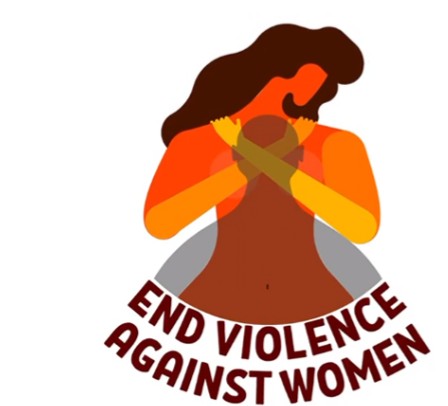|
Getting your Trinity Audio player ready…
|
By Joyce Mukucha
Today, the rest of the world joins hands with the United Nations in celebrating 16 Days of Activism against Gender-based Violence from 25 November to 10 December 2021, under the global theme set by the UN Secretary-General’s UNiTE campaign: “Orange the World: End Violence against Women Now!”
According to UN Women, nearly 1 in 3 women have been abused in their lifetime. In times of crises, the numbers rise, as seen during the COVID-19 pandemic and recent humanitarian crises, conflicts and climate disasters.
A new report from UN Women, based on data from 13 countries since the pandemic, shows that 2 in 3 women reported that they or a woman they know experienced some form of violence and are more likely to face food insecurity. Only 1 in 10 women said that victims would go to the police for help.
It further outlined that more than 70 per cent of women have experienced gender-based violence in some crisis settings. And in countries, both rich and poor, gender prejudice has fuelled acts of violence toward women and girls.
In a virtual event to mark the International Day for the Elimination of Violence against Women, the UN Women chief Sima Bahous described gender-based violence (GBV) as “a global crisis”.
She highlighted that while pervasive, gender-based violence is not inevitable, it can and must be prevented.
“Violence against women is a global crisis. In all of our own neighbourhoods, there are women and girls living in danger. Around the world, conflict, climate-related natural disasters, food insecurity and human rights violations are exacerbating violence against women,” she said.
Stopping this violence, she said, starts with believing survivors, adopting comprehensive and inclusive approaches that tackle the root causes, transform harmful social norms, and empower women and girls.
“With survivor-centred essential services across policing, justice, health, and social sectors, and sufficient financing for the women’s rights agenda, we can end gender-based violence.
“Today is the International Day for the Elimination of Violence against Women. Here at the UN, and across the world, we are celebrating those who are working to protect women and girls and defend their human rights. And we welcome new partners — governments, organizations, institutions, community groups, people everywhere — to join us, raise your voices and work together to transform lives, not only during the 16 Days of Activism, but every day.”
Ms Bahous pointed out that violence against women often goes unreported, silenced by stigma, shame, fear of the perpetrators and fear of a justice system that does not work for women.
The COVID-19 pandemic, she highlighted, with all its isolation and distancing, has enabled unseen violence: a second, shadow pandemic of violence against women and girls, where they often found themselves in lockdown with their abusers as all corners of the world, saw an increase in reports and helplines for violence against women.
“The human rights of women including the right to security, dignity, equality and justice are core principles of international law. And we know that the leadership and safety of women, in all their diversity, plays a vital role in economic progress, community welfare, children’s health and education, and more. All human life benefits when women’s human rights are upheld, and we all suffer when those rights are abused,” added the UN Women chief.
Despite this, Ms. Bahous said that there is hope and new opportunities are opening.
“But there is hope. In recent years, much has been much achieved to prevent and reduce violence against women and girls. The challenge now is to expand global efforts and make a difference in more lives. We must ensure that essential services are available and accessible to women of all ages. We need to support environments, online and off, in which women can participate safely in decision-making.”
New opportunities, she said were opening with last summer, as part of a USD 40 billion commitment to the women and girls of the world, the Generation Equality Forum launched the Action Coalition on Gender-based Violence.
“There will be concrete financial and policy commitments, and scaled-up initiatives in critical areas: survivor support services, legal frameworks and more resources for grass-roots organizations,” she added.
The UN Secretary-General, António Guterres also reiterated that violence against women is not inevitable but change is possible.
“Change is possible, and now is the time to redouble our efforts so that together, we can eliminate violence against women and girls by 2030. The right policies and programmes bring results including long-term strategies that tackle the root causes of violence, protecting the rights of women and girls, and promoting strong and autonomous women’s rights movements.
The UN Chief emphasised that GBV needs to be addressed in both developing and developed countries.
